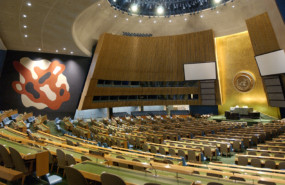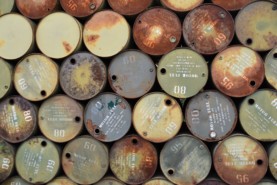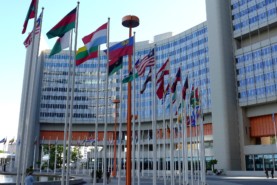Posted on 11 Apr 2016
The report, prepared by UNICRI and discussed by experts and practitioners during an Expert Workshop, aims at deepening the general knowledge on current trends related to illicit pesticides, identifying the actors and organized crime groups (OCGs) and networks involvement and their modus operandi, and understanding the supply chain vulnerabilities.
Illicit pesticides pose potentially serious threats to human safety and health, economies, businesses and farmers, the environment, and national security. For more than a decade, regulators, industry and farmers in numerous countries have been struggling with the growing market in illicit agro-chemicals and illicit plant protection products (PPPs). Worldwide estimates of trade in illegal and counterfeit markets range from 5-15% for most types of products and commodities. The European Directorate-General for Health and Food Safety (DG-SANTE) indicates that about 10% of the European Union (EU) pesticides market is comprised of illegal pesticides, noting significant variation between Member States. Other sources have indicated that more than 25% of pesticide products in some EU Member States are counterfeit.
This policy paper is divided into four sections. The first presents an overview of the risks and impacts of illicit pesticide use on human health, livestock and food supplies, the environment, and the international agricultural trade. The second section presents data and information on actors and agents, modus operandi, observed trends, product flows and regional profiles of the pesticides market. This section also considers trade, agricultural and food supply chain characteristics, security vulnerabilities, and protection and defense measures against organized crime groups and networks that have infiltrated international agrochemicals and pesticide markets. The third section summarizes key regulatory issues, identifies obstacles and indicates concrete actions to prevent and combat the importation, sale and use of illicit pesticides, as well as the role of the actors involved in the control and securitization of the market. The final section concludes with the role of UNICRI in addressing the issues of illicit pesticides, in particular in facilitating research, raising stakeholders’ awareness, delivering training and technical assistance programmes, supporting in capacity building activities and reinforcing national and international cooperation.



